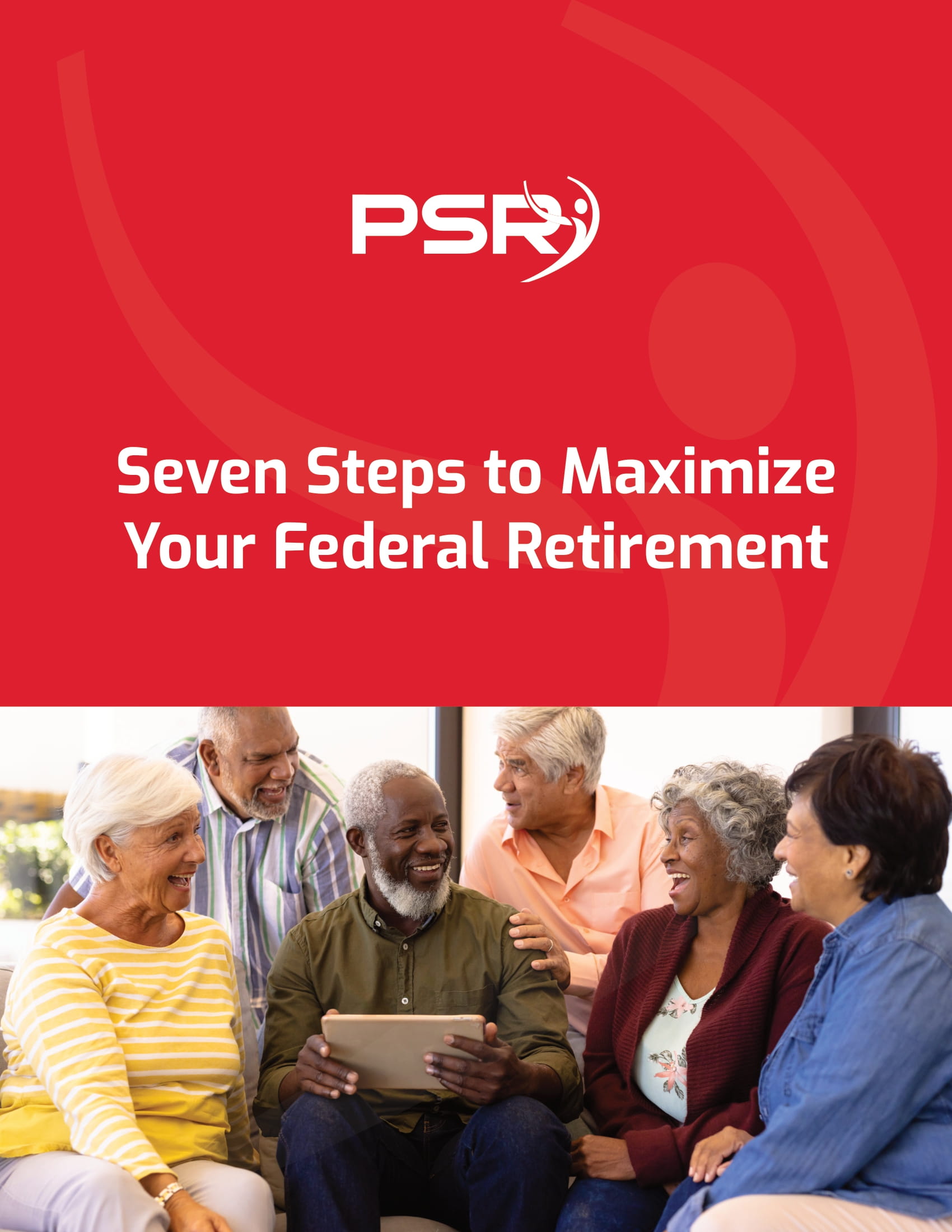Key Takeaways:
- Dividing federal pensions during divorce is complex and follows unique rules compared to private pensions.
- Understanding the Federal Employee Retirement System (FERS) and the Civil Service Retirement System (CSRS) is crucial for fair division of benefits.
Federal Pension Splits in Divorce: What Every Federal Employee Needs to Know About Dividing Benefits
When federal employees face divorce, dividing assets becomes a pivotal part of the process. Federal pensions, unlike private retirement benefits
- Also Read: Divorce and Your Federal Pension—What Happens When You Split Assets and How It Could Affect Your TSP
- Also Read: What Happens to Your Federal Benefits After Divorce? Here’s the Lowdown
- Also Read: The Best FEHB Plans for 2025: Which One Fits Your Lifestyle and Budget the Best?
What are the Main Federal Pension Plans?
Federal employees fall under two major pension systems: the Federal Employee Retirement System (FERS) and the Civil Service Retirement System (CSRS). These plans provide retirement benefits to federal workers based on their years of service, age, and average salary. The CSRS primarily covers employees who started working before 1984, while FERS covers employees who joined the federal workforce after that year.
These pensions represent significant portions of retirement savings for federal workers. Therefore, when going through a divorce, it’s important to determine how these benefits are split and how the process works.
How Are Federal Pensions Divided During Divorce?
Dividing federal pensions in divorce cases requires a court order. Unlike private pensions, the federal government does not recognize domestic relations orders (DROs) or qualified domestic relations orders (QDROs) used for private-sector pension plans. Instead, a court order called a Court Order Acceptable for Processing (COAP) is required to divide a federal pension.
The COAP outlines how the pension will be divided and ensures that the Office of Personnel Management (OPM), which administers federal pensions, recognizes the divorce settlement. It’s essential that this order is properly drafted, as any errors can cause delays or complications in the division of the benefits.
What Factors Determine the Division of Federal Pensions?
Several factors determine how federal pensions are split in a divorce:
-
Length of the marriage: In many cases, only the pension benefits earned during the marriage are considered marital property. This means that if a federal employee worked for several years before getting married, the benefits earned during that time may not be included in the division.
-
State laws: Each state has different rules regarding the division of retirement benefits in a divorce. Some states follow community property laws, where assets are divided 50/50, while others use equitable distribution, where assets are divided based on what the court deems fair.
-
Pension payout method: A federal pension can be divided in a few ways. One method is to split the monthly benefit between the federal employee and their ex-spouse once the employee begins receiving benefits. Another option is to calculate the ex-spouse’s share as a lump sum and pay it out at the time of divorce. The COAP will specify which method is used.
-
Cost-of-living adjustments (COLAs): Federal pensions typically include cost-of-living adjustments to account for inflation. Whether or not these COLAs are applied to the ex-spouse’s share of the pension is another factor determined by the COAP.
How Does Survivor Benefits Work in a Federal Pension Divorce?
An essential aspect of dividing a federal pension is the survivor benefits provision. If a federal employee dies, their pension benefits stop unless survivor benefits have been arranged. In divorce cases, the former spouse may be entitled to survivor benefits, which allow them to continue receiving a portion of the pension after the employee’s death.
However, this must be explicitly stated in the COAP. If the COAP does not mention survivor benefits, the ex-spouse may lose access to any pension payments upon the employee’s death. This is a critical point to negotiate in the divorce proceedings.
Are Health Benefits Affected by the Pension Split?
In addition to pensions, federal employees have access to health benefits through the Federal Employees Health Benefits (FEHB) program. After a divorce, the former spouse may lose access to these benefits unless specific arrangements are made.
There are some instances where an ex-spouse can retain FEHB coverage, such as through a continued health coverage option called Temporary Continuation of Coverage (TCC). However, this coverage is temporary, and the ex-spouse would be responsible for paying the full premium, which can be a significant expense.
What Steps Should Be Taken to Ensure a Fair Division?
To ensure a fair division of a federal pension during a divorce, it’s crucial to follow these steps:
-
Hire an attorney with federal pension experience: Dividing federal pensions is complex, and not all attorneys are familiar with the rules governing FERS and CSRS. Make sure your attorney understands these systems and can draft a COAP that meets the requirements of the OPM.
-
Gather complete financial information: Ensure that all relevant details about the federal employee’s pension are included in the divorce negotiations. This includes information about when the employee became eligible for the pension, how much service credit they have, and any other benefits that may be part of the retirement package.
-
Consider future financial needs: Think about how the division of the pension will affect your long-term financial security. For example, if you are the non-employee spouse, you may want to negotiate for survivor benefits to ensure that you continue to receive income in retirement.
-
Address other assets: Remember that the pension is just one part of the overall asset division. Consider how other assets, like the family home or savings accounts, will be divided. A fair settlement should take into account all marital property, not just the pension.
What Happens if You Remarry?
Remarriage can affect pension benefits in some cases. For the federal employee, remarrying after the divorce may change the survivor benefit provisions. Typically, if the ex-spouse is receiving survivor benefits, the employee’s new spouse will not be entitled to survivor benefits unless changes are made to the COAP.
For the ex-spouse, remarriage may affect health insurance coverage or other benefits. It’s important to consult with an attorney to understand how remarriage might impact your specific situation.
Federal Pension Division in Divorce: A Final Thought
Federal pensions are often a significant asset in a divorce, and dividing them fairly requires careful attention to detail. Understanding the unique rules that govern federal pension plans, knowing your rights, and securing a properly drafted COAP can help ensure that both spouses receive their fair share of these valuable benefits.













